Elon Musk has just lost a major legal battle over a California law that will force social media platforms to make their content moderation policies publicly available.
Musk, whose X replaced the Twitter platform after its purchase in 2022, sued California in September. Musk was hoping to avoid filing semiannual reports that explain moderation guidelines and having to list objectionable posts and platform responses to them.
Toxic Social Media or Constitutional Right?

The new law is being passed under the premise that it will help combat toxic social media posts and communications.
Musk, known to be a “free speech absolutist,” argued that the law was unconstitutional and violated free speech rights both at a federal and state level.
The Problem of Toxic Social Media

Investigations by major publications and researchers have discovered that social media platforms are channels for cyberbullying and also give rise to antisocial behavior and body-image issues.
Furthermore, misinformation circulates widely on social media platforms, which might lead users to make badly informed decisions and hold ungrounded viewpoints. A recent survey shows that about one quarter of Snapchat, Instagram, and Wikipedia users all believe some form of misinformation.
Echo Chambers and Algorithms

One reason for the rise of misinformation on social media platforms is that they create echo chambers that ensconce and reinforce users’ mindsets. This occurs because algorithms present users with content that’s similar to what they already engage with.
Berkeley professor Robert Reich has decried that, within the social platform world, he “cannot find a medium in which I can get through to people who fundamentally disagree with me.”
Is it Violating Free Speech?
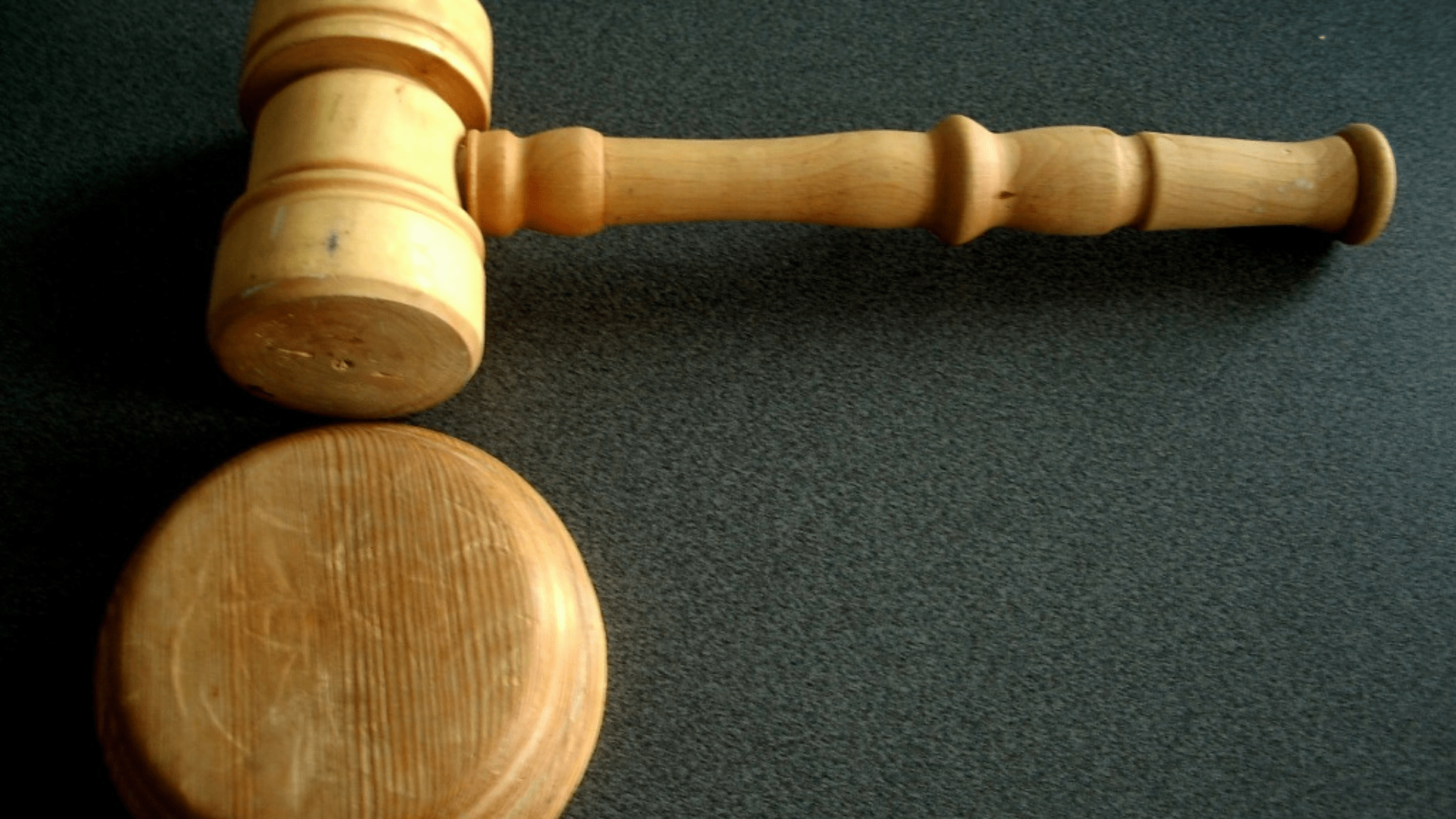
The state law, known as A.B. 587, was passed in an effort to help everyday consumers become readily aware of how social media is affecting public discourse. The district judge who presided over the case dismissed X’s request, stating that “it does not appear that the requirement is unjustified or unduly burdensome within the context of First Amendment law.”
While the district judge has made his statement, others are of course not in full agreement. Some feel that this oversteps free speech. For instance, similar proposals in Texas and Florida have both been blocked.
Musk’s History of Free Speech Defense
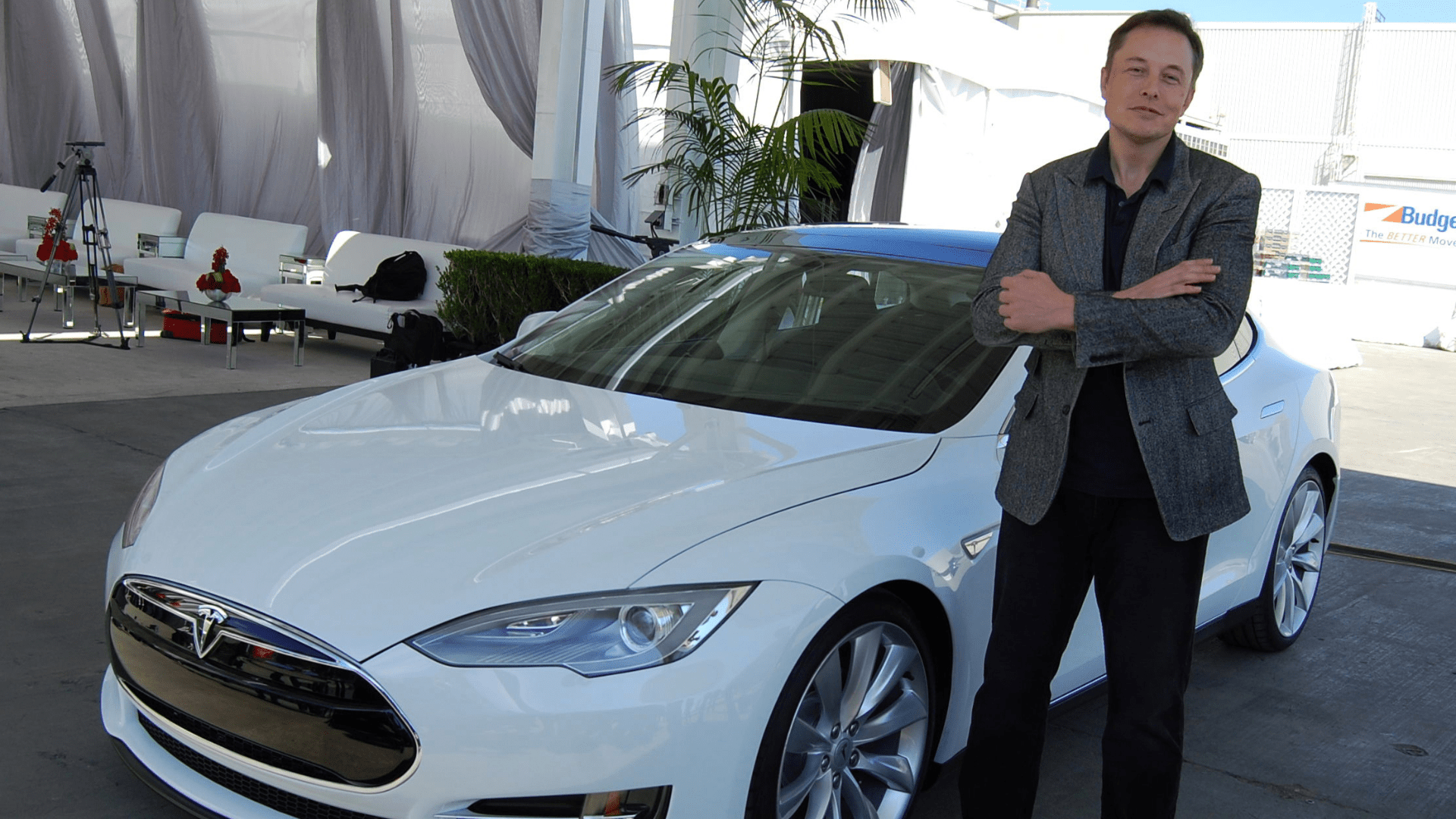
Musk’s attempt to block the passage of the law in California comes as no surprise for most. He has claimed to defend free speech for years in public statements. However, major news sources have attempted to discredit his stance on the subject.
The Atlantic and Bloomberg have pointed out that Musk’s defense of free speech seems to screech to a halt when his employees begin speaking their minds. One instance is how Tesla included a non-disparagement clause in the paperwork for workers they laid off.
Does California Have Ulterior Motives?

X stated that the hidden intent of California’s law was to “pressure social media platforms to ‘eliminate’ certain constitutionally protected content viewed by the state as problematic.”
Jesse Gabriel, the California assemblymember who wrote the law, rebutted this, stating that A.B. 587 is simply a “transparency measure that simply requires companies to be upfront about if and how they are moderating content.”
Others Rally to Oppose A.B. 587
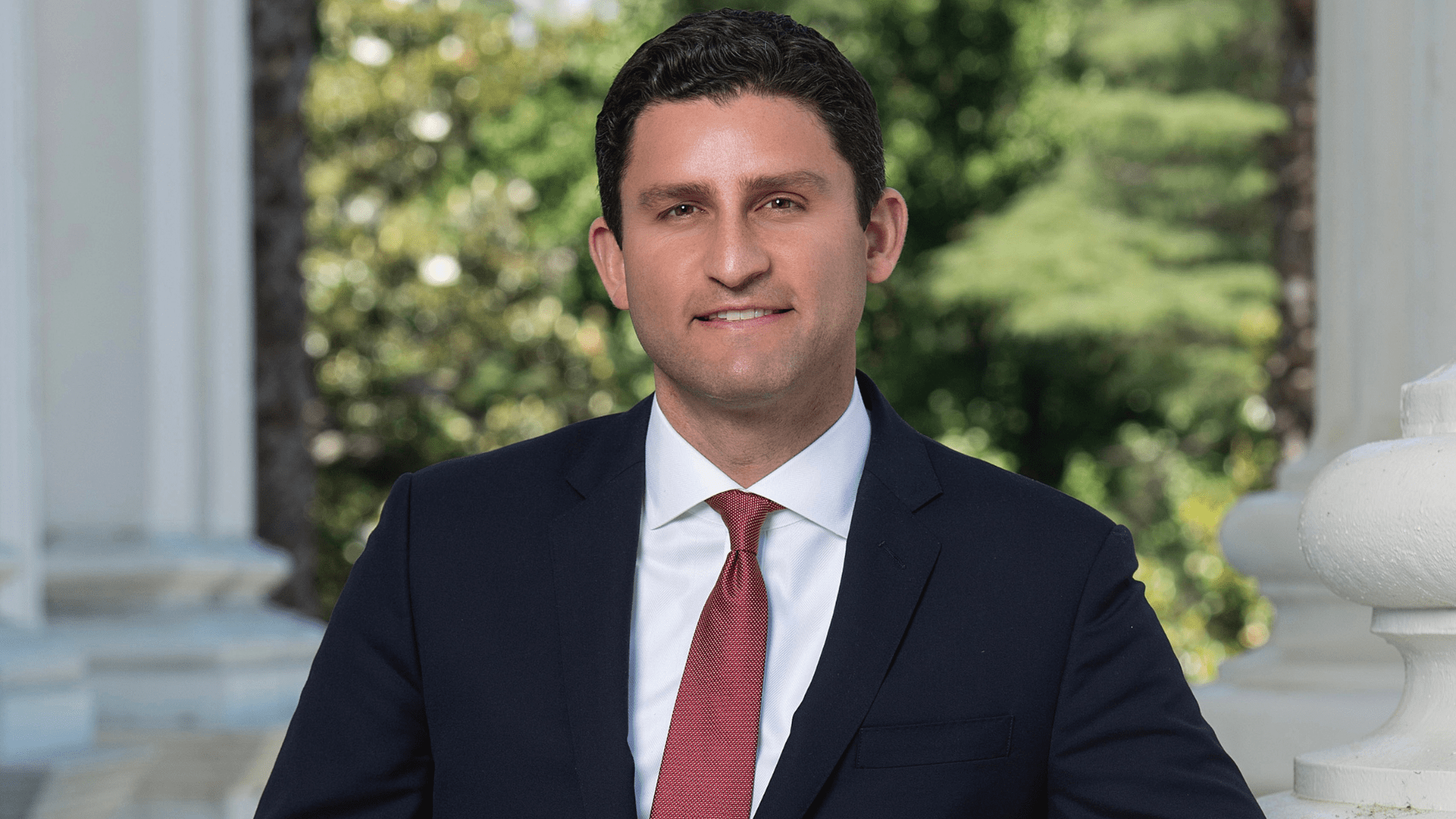
Still, there are others who are choosing to stay on X’s side of the fight, who believe that the law does in fact do more harm than assemblymember Gabriel would have the public believe.
The CEO of Chamber of Progress has said that the law is a bad idea because it gives scammers a blueprint for potentially content workarounds. And the director of litigation for Netchoice has claimed that the law indirectly attempts to regulate lawful speech, which means that lawmakers are in effect camouflaging censorship under the guise of transparency measures.
X’s History of Content Moderation Issues

It’s possible that X/Twitter may have been a big reason that lawmakers felt the need to create A.B. 587 in the first place. Disinformation flooded the platform during the Brazilian national elections as well as the U.S. Midterms.
A major reason for this is because when Musk purchased the platform he laid off 7,500 employees, including the team that dealt with toxic content. Advocacy groups have stated that it became impossible to contact anyone at X amid a torrent of disinformation and hate speech.
The Effects of X’s Relaxed Content Moderation
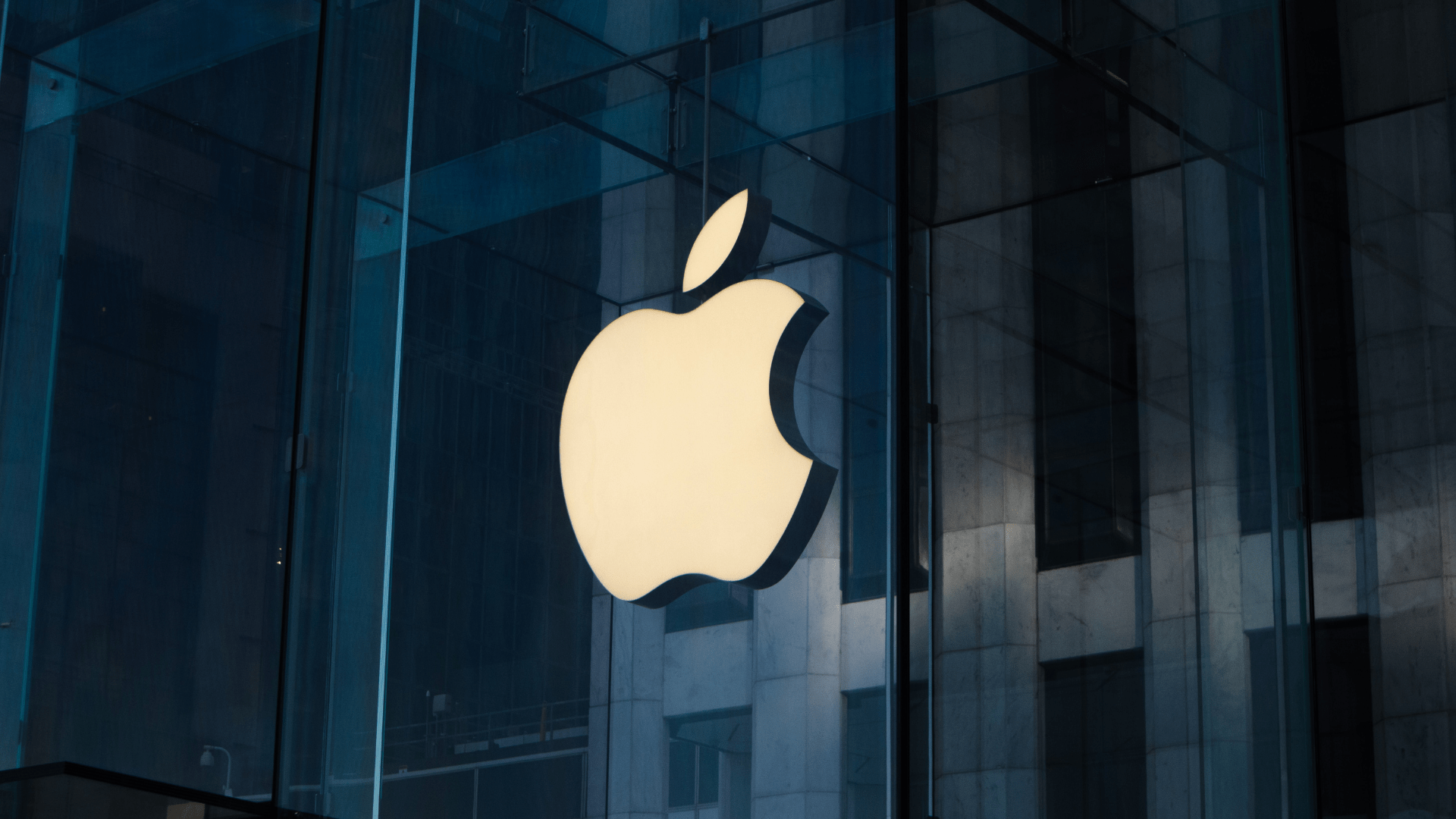
Between April and December of 2023, Musk changed his stance on X advertisers quite drastically.
Earlier in the year he touted Apple and Disney advertisements as signs of the platform’s attractiveness as a product and services billboard; by November those brands had left, with Musk cursing in their wake.
Advertising Exodus
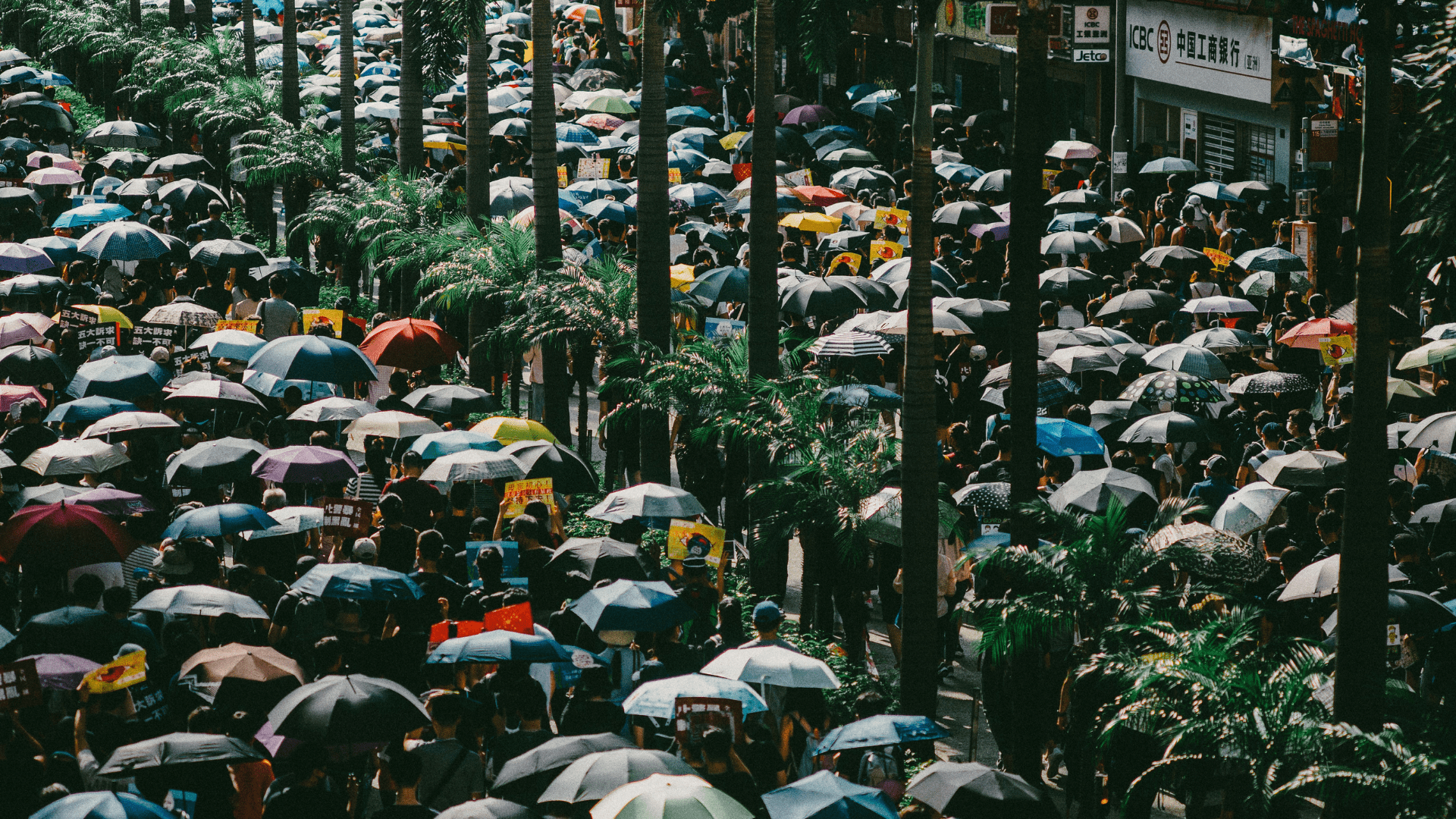
What’s up with the advertising exodus? After a Media Matters for America investigation, many companies paused and discontinued ads.
The organization had shown these advertisements appearing alongside pro-Nazi posts.
Bankruptcy?
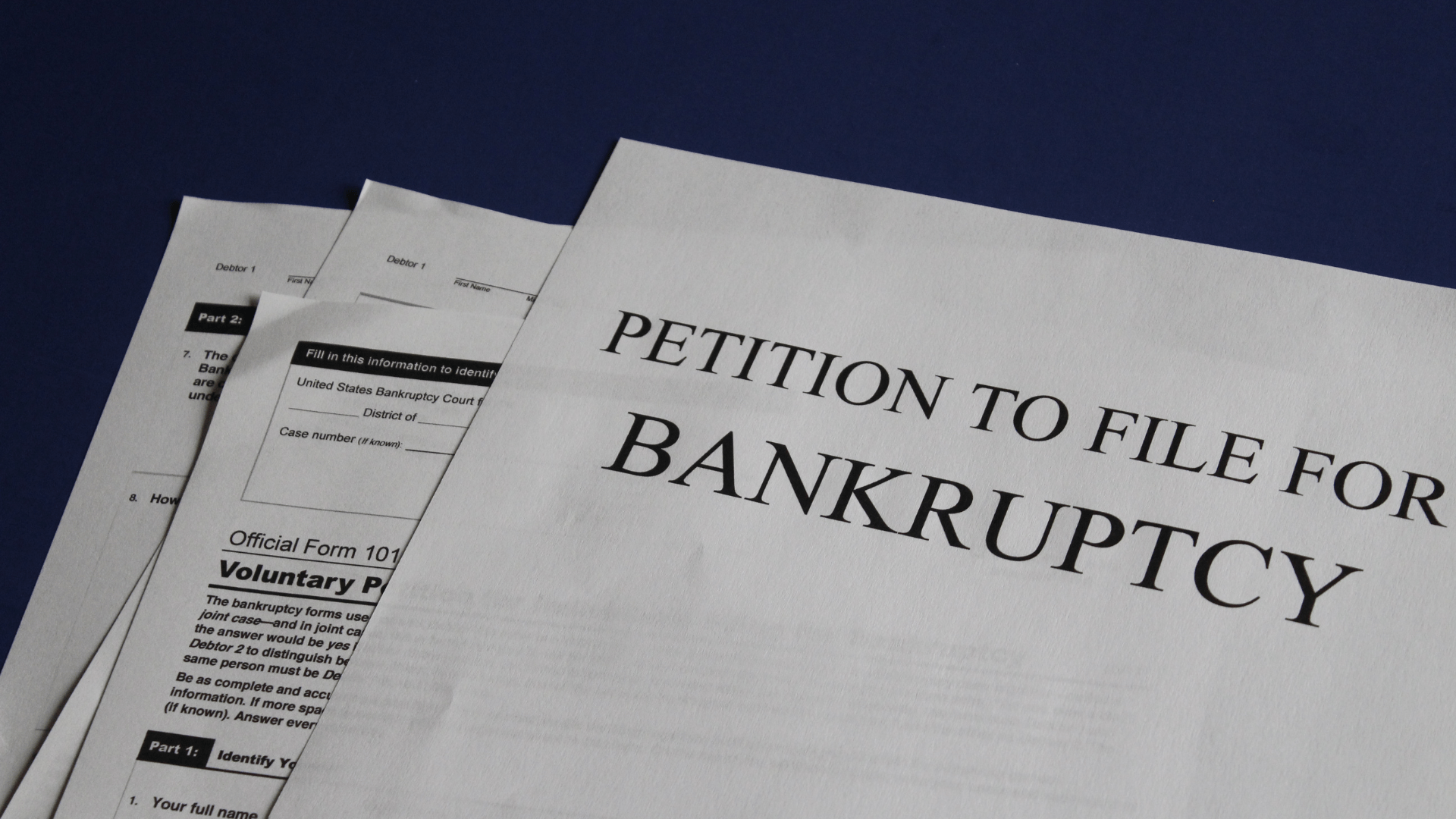
Most of X’s revenue comes from advertising. These swaths of advertisers looking to post-up elsewhere could be a severe blow for the company.
Musk noted in a recent interview that “If the company fails… it will fail because of an advertiser boycott. And that will be what bankrupts the company.” We’ll have to wait and see if Musk can rally and get the platform to walk a line that satisfies both his understanding of free speech and advertisers.
